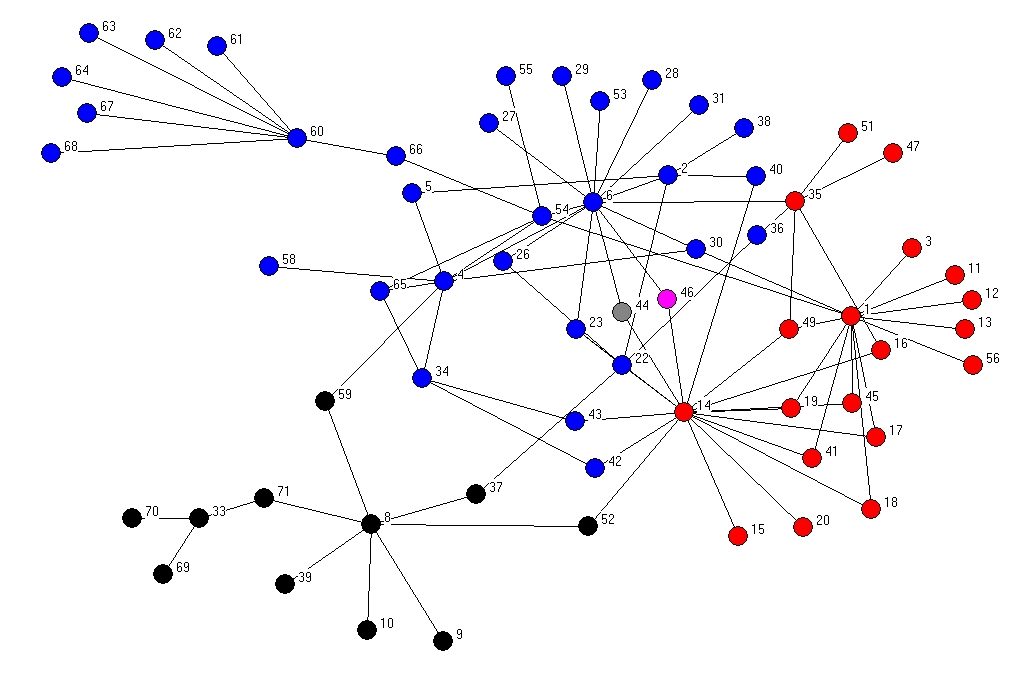Decentralizing gig economies
September 9, 2018

Today I read a really interesting article about creating the Decentralized Web. The people pursuing the idea are seeking to extricate themselves from the hyper-aggregation of data and digital power in the hands of companies like Google and FaceBook.
But this got me thinking about an idea I’ve been rolling around for a while. I’ve been thinking about the hyper-aggregative power of gig services such as Uber and TaskRabbit. They do some very cool things, at the same time that they concentrate wealth in the hands a small handful of people, exacerbating rich-poor divisions, and creating a more flexible set of not-so-wonderful jobs. Well, here’s my idea.
Model
…In a similar way as the Decentralized Web people are trying to do for data, people could create decentralized “gig economy” models, where the basic infrastructure and training were provided by a centralized online platform, but then individual municipalities, regions, or collectives actually ran individual cooperatives—e.g., Chicago Driver’s Exchange. They would pay small subscription fees and gain centralized support and training, but would not give the online platform their profits.
To stay with our example, The Chicago Driver’s Exchange would still be a member of the platform—e.g., Part of the Driver’s Exchange Network. Travelers coming in from out of town could rely on a standardized app and set of procedures and customs from town to town, but the profit would be accrued locally, with more flowing back to the actual workers, and with far greater autonomy. Each cooperative would have to conform to the overall system in some ways, particularly in those that represented the interface with the public—which requires a lot of predictability.
The work could also be less dehumanizing in many ways, as the system would not be tuned to maximum, rapid extraction of value—which brings us to the next part…
Financing
A model like this might be quite profitable. But it would not be as profitable as the hyper-aggregated models of Uber and TaskRabbit. And because of this, it would be very hard to get venture capital funding, which loves these hyper-aggregations. But, maybe there are other types of funding. Perhaps a movement could be started; funded by bitcoin like the FileCoin idea mentioned in the above article—or through crowdfunding.
While venture capital would not like the idea, what if the people who would benefit from the model were to fund it? —In other words, perhaps it’s possible to get those potential workers (and their communities) who would be most likely to benefit from a shared model (and even their regional and municipal governments) to crowd-fund the development. This means doing an end-run around the hyper-concentrative nature of venture capitalism. Essentially, you create a model that is less profitable than the hyper-aggregators, but still is sustainable. And then, you find a mass of people and institutions who—because it serves their collective interests to support it. You are using the very hyper-aggregative nature of online systems not to aggregate the wealth, but to aggregate the funding and the knowledge.
That’s my idea so far. I’m sure I’m not the only one who’s been thinking along these lines, and may be out of touch with various ideas already out there, and I am open to comments.
Photo credit: Metcalm.
Posted in Vision

